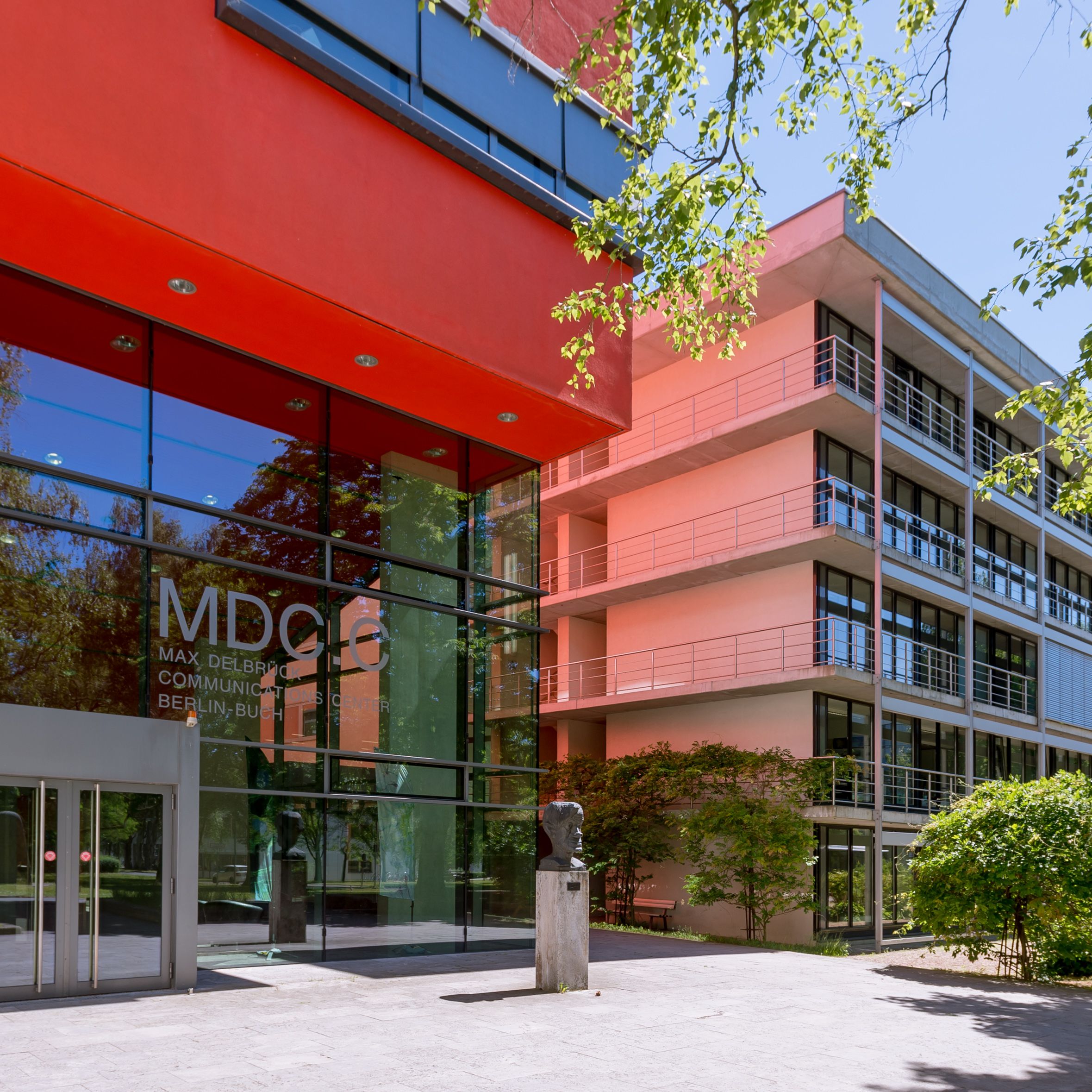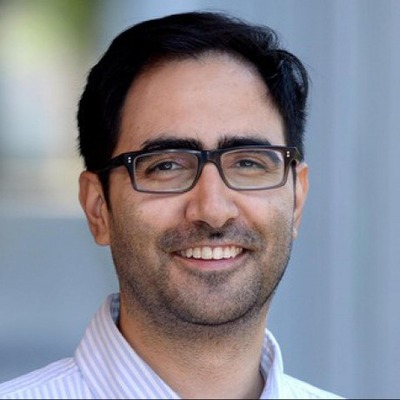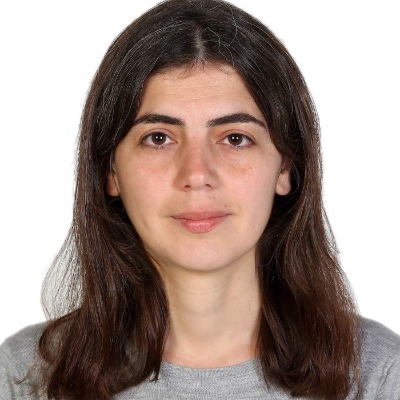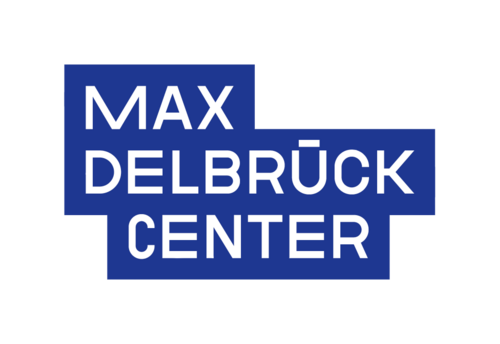Understanding how life works: At the MDC, scientists are investigating the molecular basis of health and disease—from personalized medicine to AI-supported diagnostics.
Through HIDA’s mobility programs, data science talents at MDC can contribute to pioneering research projects in the field of biomedicine. The goal: to gain a deeper understanding of the human body.

About the Helmholtz Association
The Helmholtz Association
The Helmholtz Association is Germany’s largest scientific organization. Our cross-cutting research programs connect the 18 Helmholtz research centers.
Each center has its own scientific focus areas and infrastructures. The research is thematically structured into six fields:
- Energy
- Earth & Enviroment
- Health
- Information
- Aeronautics, Space & Transport
- Matter
The Max Delbrück Center for Molecular Medicine (MDC) is one of the world’s leading research institutions in the field of biomedical sciences. Interdisciplinary teams work together to decode the complex processes of the human body. Their goal is to understand the factors that regulate—or disrupt—the balance within cells, organs, and the entire organism. This knowledge paves the way for new approaches to disease prevention, early detection, and personalized treatment.
Research priorities
- Systems medicine and cardiovascular diseases
- Genes, cells, and cell-based medicine
- Molecular processes and therapies
- Integrative biomedicine
- Cancer research and immunotherapies

The sites
The sites
Main site: Berlin-Buch
Additional site: Berlin-Mitte
Research collaborations:
-
Experimental and Clinical Research Center (ECRC)
-
Berlin Institute of Health (BIH) at Charité
-
German Centre for Cardiovascular Research (DZHK)
MDC expertise in the field of Data Science and AI
The MDC applies cutting-edge AI methods and data-driven approaches to analyze complex biological systems. Researchers develop innovative algorithms for disease prediction, therapy optimization, and the analysis of large medical datasets.
- AI-powered pattern recognition in genomic and proteomic data
- Automated image analysis for cancer diagnostics
- Machine learning for modeling disease progression
- Development of simulation models for personalized therapies
- Multimodal data integration to enhance biomedical research
Around 1,200 employees from 64 countries work at the MDC.
Application
Would you like to conduct research and work at MDC? Then apply now for the HIDA Mobility Program!
Please contact your potential supervisor by email before applying to propose and discuss a research project. Only submit your application after this has been clarified.
You can find more information about the application requirements here.
Note for external applicants:
If you have any questions about application formalities or organizational procedures, please contact your home institution directly.
The Hosts at MDC
Get to know some of the hosts at MDC and learn more about their respective research based on data science.
Please note: The listed hosts represent only a selection of possible supervisors.
You are also welcome to independently contact other potential hosts at the center and coordinate your participation in the HIDA Mobility Program directly with them.
If you have any questions, please send an email to: hida@helmholtz.de
Are you interested in becoming a Helmholtz host yourself and looking for support for your research project?
Then please also contact the above-mentioned email address.

Altuna Akalin
Bioinformatics and Omics Data Science
Contacts

Max Delbrück Center for Molecular Medicine in the Helmholtz Association (MDC) - Bioinformatics and Omics Data Science Platform
Short summary of your group's research: We have a broad interest in gene regulation, specifically transcriptional regulation and association of transcriptional regulation with epigenomics. We are aiming to use data intensive computational methods to uncover patterns in gene regulation relating to cell differentiation and complex diseases.
What infrastructure, programs and tools are used in your group? HPC, statistical and machine learning tools implemented in Python or R
What could a participant of the HIDA Mobilty Program learn in your group? How could he or she support you in your group? Participant can learn domain specific data processing techniques and provide support in machine learning applications.

Laleh Haghverdi
Computational methodologies and omic analytics
Contacts

Max Delbrück Center for Molecular Medicine in the Helmholtz Association (MDC) - Computational methodologies and omic analytics
Short summary of your group's research: We are a computational biology group working with a range of single-cell omic data modalities including proteomics, transcriptomics, epigenetics and genomics to study biological systems such as development, haematopoiesis or leukaemic stem cells and their niche.Establishment of efficient computational methodologies for analysis of large single-cell omic data sets, resolution of complex lineage trees, data integration and interpretation across multiple modalities and assays as well as mathematical formulation of the applied methods are of central interest in the group.
What infrastructure, programs and tools are used in your group? Python, R, computational tools for single-cell data analysis
What could a participant of the HIDA Mobility Program learn in your group? How could he or she support you in your group? Hight-throughtput measurements of molecular states at the single-cell level are today accessible for biological and clinical studies, thanks to new and still evolving technological developments. Located in the cool central Berlin district, we are an interdisciplinary group trained in physics, mathematics, bioinformatics and molecular biology working together to address several aspects of computational analysis of such newly emerging datasets. We are interested in extending our machine learning and data science collaborations and contacts.

Jakob Metzger
Quantitative Stem Cell Biology
Contacts

Max Delbrück Center for Molecular Medicine in the Helmholtz Association (MDC) - Metzger Lab
Short summary of your group's research: We are an interdisciplinary group focusing on a quantitative understanding of human neurodevelopment using stem-cell derived organoids. Using machine learning to analyze the difference between normal and pathological processes, we aim to dissect the mechanisms of neurodevelopmental and neurodegenerative diseases.
What infrastructure, programs and tools are used in your group? Python, R, machine learning
What could a participant of the HIDA Mobility Program learn in your group? How could he or she support you in your group? As an interdisciplinary group, we apply a range of computational tools to the analysis of biological data, including imaging and genomics data. Participants can learn data analysis techniques and provide support in developing new data science pipelines, such as machine learning applications.



